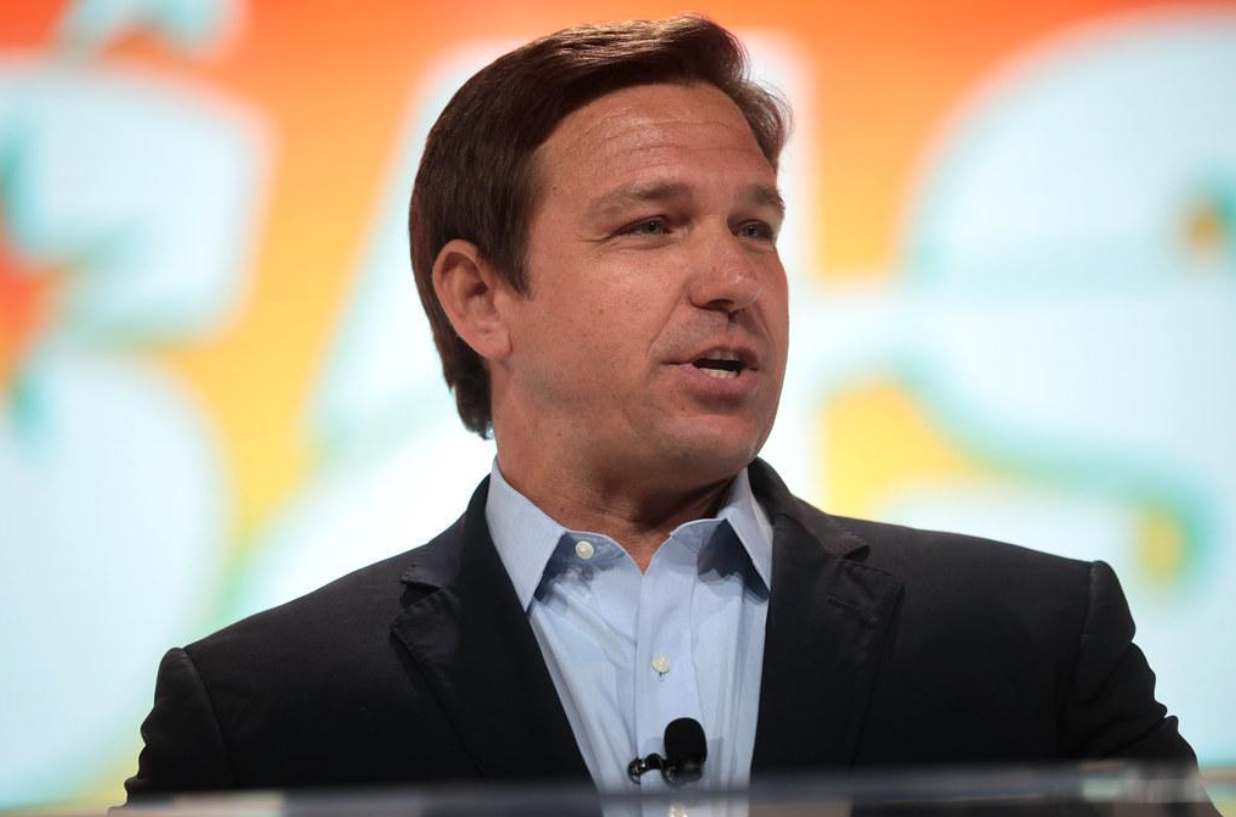Florida Governor Ron DeSantis’s “diversity” survey was first introduced in Sept. 2021 in an attempt to receive more information regarding “intellectual freedom and viewpoint diversity,” earning it the nickname of the “diversity survey” within Florida institutions—and the results reveal a lack of participation from students, staff and faculty.
In June 2021, Governor Ron DeSantis signed House Bill 233, which requires colleges in Florida to conduct the survey annually. According to Forbes, the survey has been, “a source of suspicion and controversy” ever since the idea was proposed by DeSantis. This may be due to the fact that House Bill 233 fails to ensure the privacy of participants.
The first annual survey was released Sept. 1, 2021 and the results were released in August 2022 revealing that most college students, faculty and staff across the state did not respond to the survey. Only 2.4% of college students provided an insight on the survey.
The response rates vary from college to college—however, University of Florida (UF) and University of South Florida (USF) provided the largest responses among students. Meanwhile, the highest response rates from a single college come from Florida Polytechnic University and New College.
The response rates from faculty and staff (who were given a separate survey from students) was significantly higher than the response rate from students; however, it was still not impressive. The overall response rate from faculty and staff was 9.4% with response rates varying across colleges. These response rates are not high enough for experts to consider the results reliable or valid.
This lack of participation comes to no surprise as the survey has been controversial ever since it was announced. Misinformation regarding House Bill 233 has been spreading throughout various social media platforms such as Twitter. This misunderstanding of the bill may have contributed to its lack of success, as most individuals are unaware that the survey is anonymous and does not ask for personal information.
Due to the lack of participation, the results of the survey are not enough to be considered valid and reliable. Perhaps DeSantis will attempt to re-release this survey in the future.

